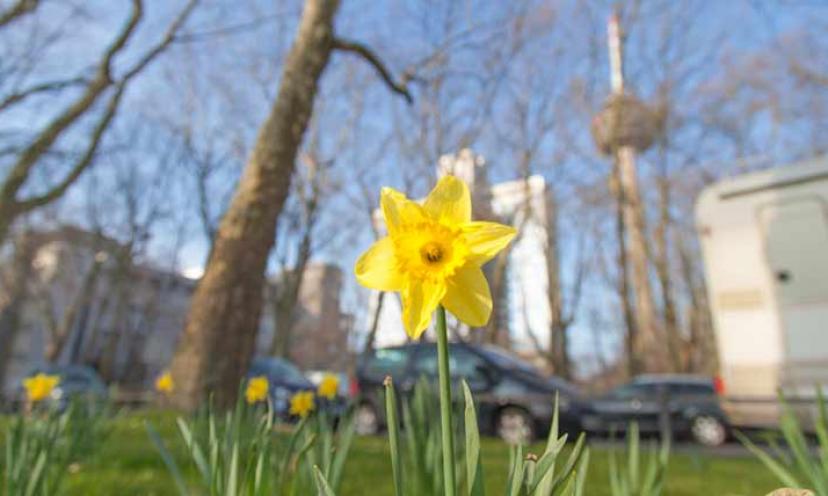Advertisement
Spring Break in the City? How to Keep Costs to a Minimum
Blog | March 24th, 2014

Get It Free Recommends
Blog | March 24th, 2014
